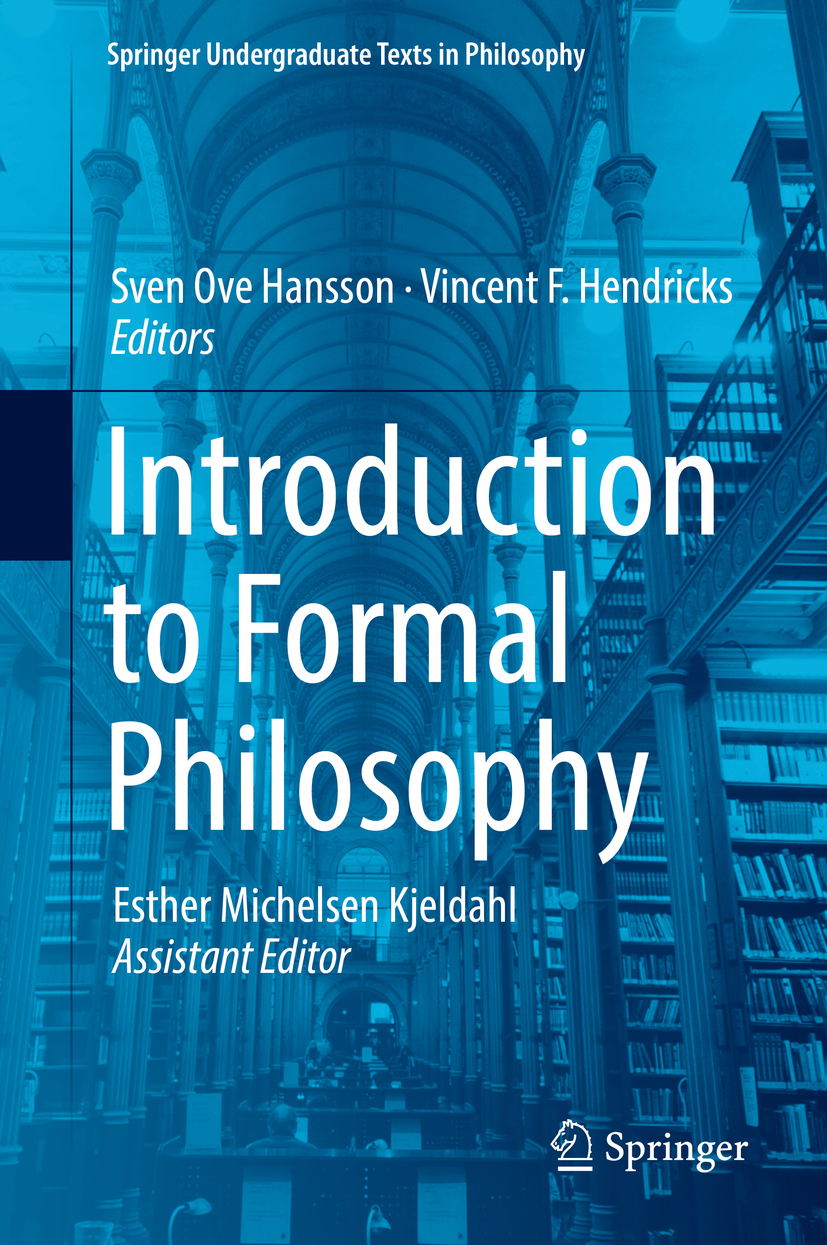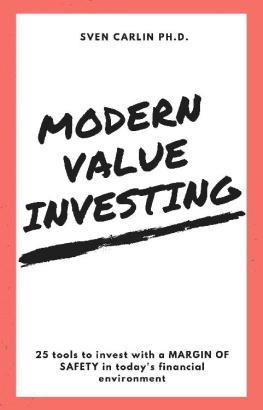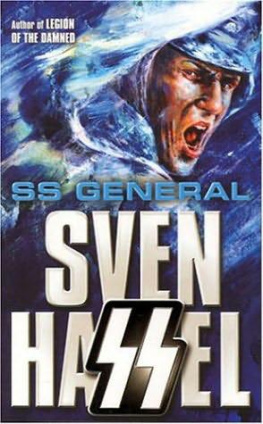Sven Ove Hansson - Introduction to Formal Philosophy
Here you can read online Sven Ove Hansson - Introduction to Formal Philosophy full text of the book (entire story) in english for free. Download pdf and epub, get meaning, cover and reviews about this ebook. year: 0, publisher: Springer International Publishing, genre: Romance novel. Description of the work, (preface) as well as reviews are available. Best literature library LitArk.com created for fans of good reading and offers a wide selection of genres:
Romance novel
Science fiction
Adventure
Detective
Science
History
Home and family
Prose
Art
Politics
Computer
Non-fiction
Religion
Business
Children
Humor
Choose a favorite category and find really read worthwhile books. Enjoy immersion in the world of imagination, feel the emotions of the characters or learn something new for yourself, make an fascinating discovery.
- Book:Introduction to Formal Philosophy
- Author:
- Publisher:Springer International Publishing
- Genre:
- Year:0
- Rating:3 / 5
- Favourites:Add to favourites
- Your mark:
- 60
- 1
- 2
- 3
- 4
- 5
Introduction to Formal Philosophy: summary, description and annotation
We offer to read an annotation, description, summary or preface (depends on what the author of the book "Introduction to Formal Philosophy" wrote himself). If you haven't found the necessary information about the book — write in the comments, we will try to find it.
Introduction to Formal Philosophy — read online for free the complete book (whole text) full work
Below is the text of the book, divided by pages. System saving the place of the last page read, allows you to conveniently read the book "Introduction to Formal Philosophy" online for free, without having to search again every time where you left off. Put a bookmark, and you can go to the page where you finished reading at any time.
Font size:
Interval:
Bookmark:

The Springer Undergraduate Texts in Philosophy offers a series of self-contained textbooks aimed towards the undergraduate level that covers all areas of philosophy ranging from classical philosophy to contemporary topics in the field. The texts will include teaching aids (such as exercises and summaries) and will be aimed mainly towards more advanced undergraduate students of philosophy.
All of the philosophical traditions
Introduction books with a focus on including introduction books for specific topics such as logic, epistemology, German philosophy etc.
Interdisciplinary introductions where philosophy overlaps with other scientific or practical areas
This series covers textbooks for all undergraduate levels in philosophy particularly those interested in introductions to specific philosophy topics.
We aim to make a first decision within 1 month of submission. In case of a positive first decision the work will be provisionally contracted: the final decision about publication will depend upon the result of the anonymous peer review of the complete manuscript. We aim to have the complete work peer-reviewed within 3 months of submission.
A short synopsis of the work or the introduction chapter
The proposed Table of Contents
CV of the lead author(s)
List of courses for possible course adoption
The series discourages the submission of manuscripts that are below 65,000 words in length.
For inquiries and submissions of proposals, authors can contact Ties.Nijssen@Springer.com
More information about this series at http://www.springer.com/series/13798

This Springer imprint is published by the registered company Springer International Publishing AG part of Springer Nature.
The registered company address is: Gewerbestrasse 11, 6330 Cham, Switzerland
In 1974, a wonderful little book came out entitled Formal Philosophy: Selected Papers of Richard Montague , edited by Richmond H. Thomason. The book was a beautiful testimony to the fact that formal methods may indeed clarify, sharpen and solve philosophical problems, defusing airy philosophical intuitions in clear, crisp and concise ways while at the same time turning philosophical wonder into scientific inquiry.
Today, formal philosophy is a thoroughly interdisciplinary package. Methods from logic, mathematics, computer science, linguistics, physics, biology, economics, game theory, political theory, psychology, etc. all chip in and have their place in the methodological toolbox of formal philosophy. Thus, formal philosophy is not yet another puristic philosophical province but rather a discipline gaining its momentum and content from its close shaves with the methods of science in general.
Introduction to Formal Philosophy intends to present the formal philosophy landscape in all its splendour. In self-contained entries written by experts in the field, the book introduces the methods of formal philosophy and provides an overview over the major areas of philosophy in which formal methods play crucial roles. The presentations are comparatively non-technical in the sense that definitions and theorems are stated with standard formal rigour, but much emphasis is placed on clarifying the relationships between formal constructions and the informal notions that they represent. Proofs and derivations are normally not presented. The main focus is on showing how formal treatments of philosophical problems may help us understand them better, solve some of them and even present new philosophical problems that would never have seen the light of day without the use of a formal apparatus.
Introduction to Formal Philosophy has a pedagogical but also an unabashed propagandistic purpose. While in no way denigrating other methodologies, we hope to show the versatility, forcefulness and efficiency of treating philosophical problems with formal methods. Hopefully, this will serve to increase the self-consciousness of formal philosophy for the benefit of scientific inquiry in general.
We express our gratitude to Ties Nijssen and his colleagues at Springer for taking on this project. Henrik Boensvang, Rasmus K. Rendsvig and Esther Michelsen Kjeldahl have rendered efficient editorial assistance for which we are most grateful. Last but not least, we thank the contributing authors for all the time and efforts they have spent on this project.
Font size:
Interval:
Bookmark:
Similar books «Introduction to Formal Philosophy»
Look at similar books to Introduction to Formal Philosophy. We have selected literature similar in name and meaning in the hope of providing readers with more options to find new, interesting, not yet read works.
Discussion, reviews of the book Introduction to Formal Philosophy and just readers' own opinions. Leave your comments, write what you think about the work, its meaning or the main characters. Specify what exactly you liked and what you didn't like, and why you think so.













